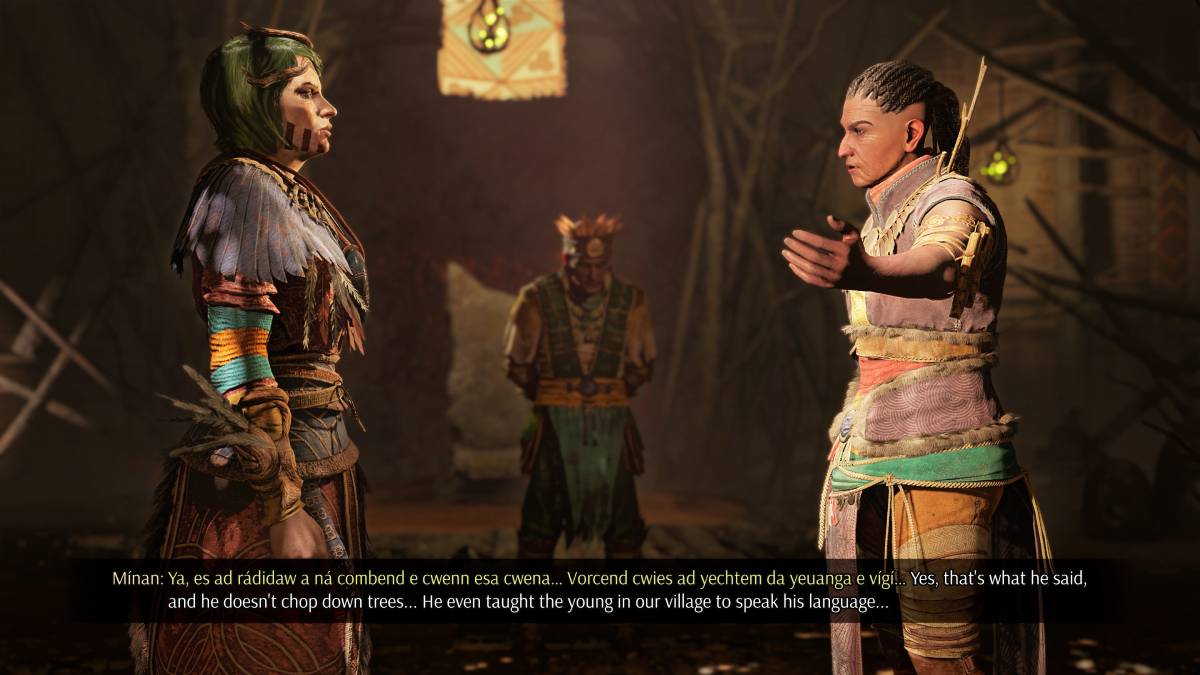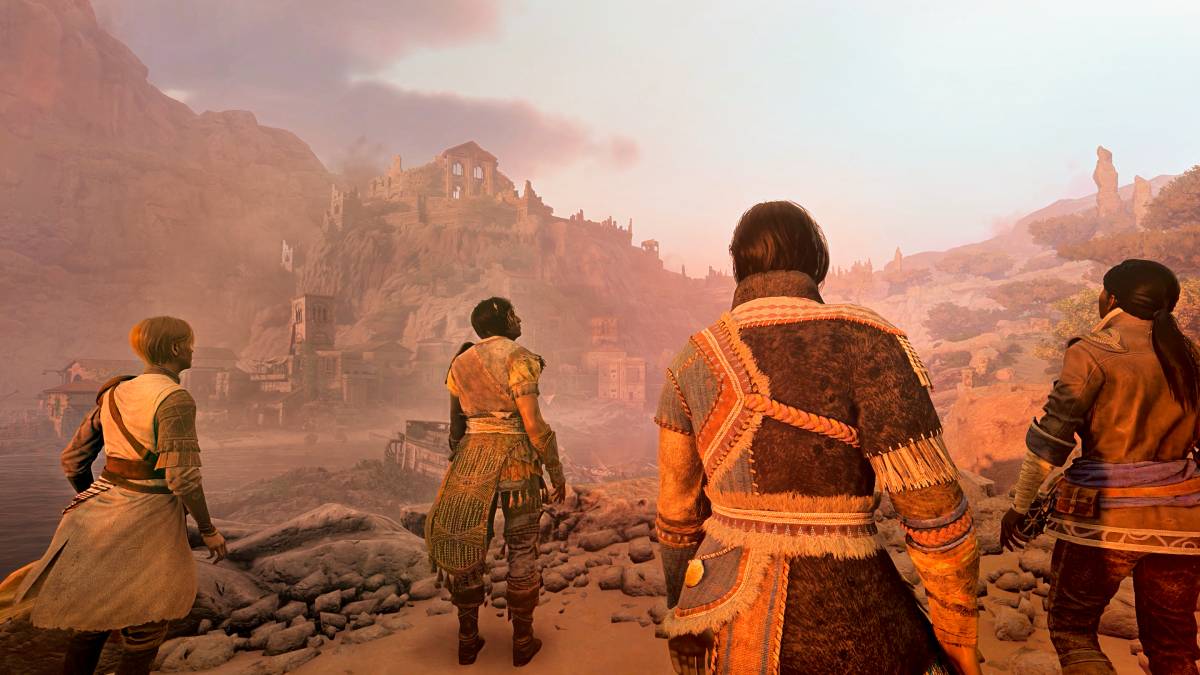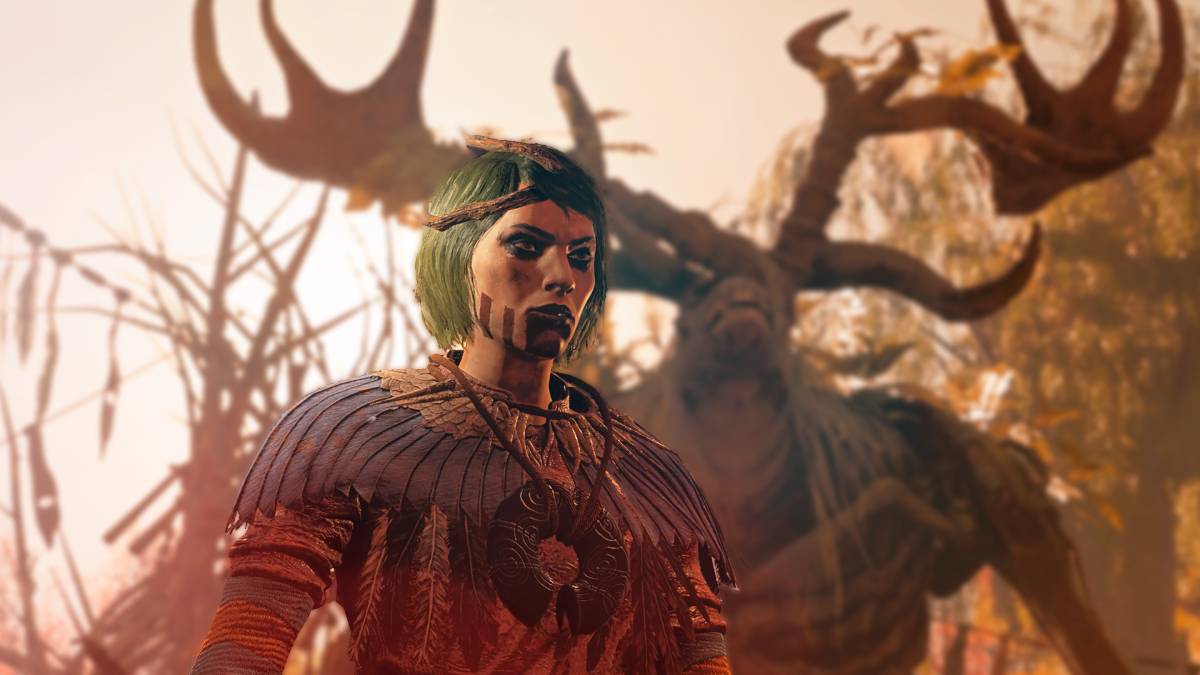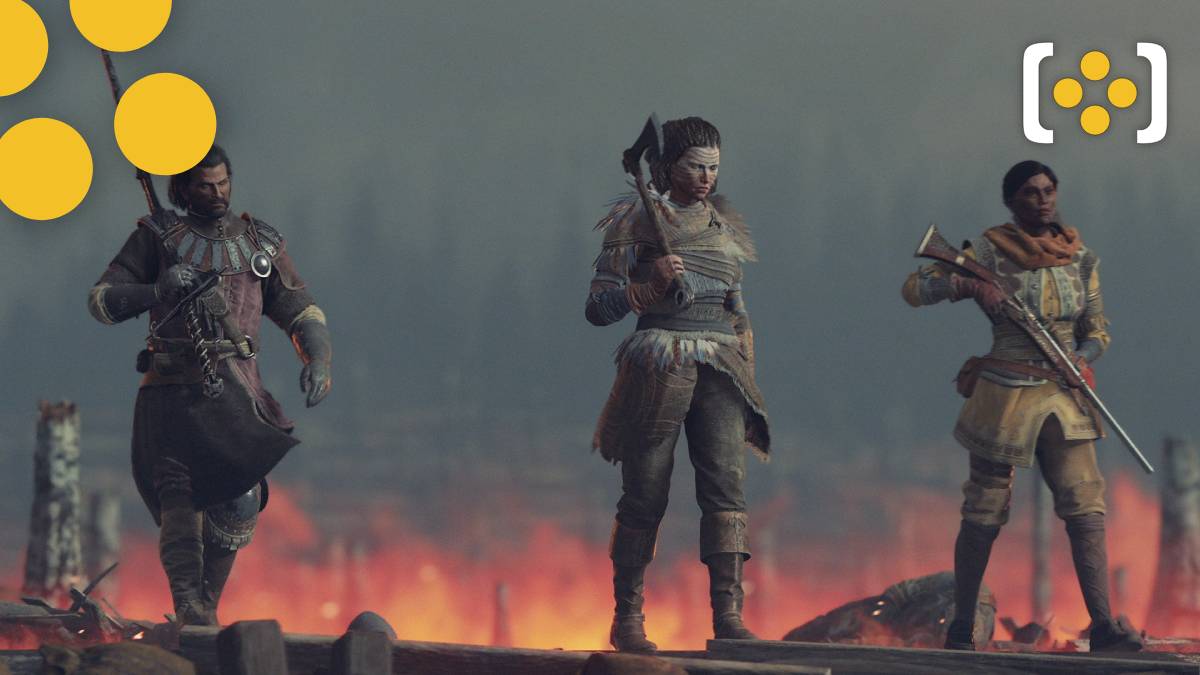Video Gamer is reader-supported. When you buy through links on our site, we may earn an affiliate commission. Prices subject to change. Learn more
Where the first game follows the coloniser, Greedfall 2 instead focuses on the native inhabitants learning their fate as subjects of a French-inspired empire. Not a sequel, and not quite a prequel either, Greedfall 2 revisits a familiar world from an entirely new perspective, and it does so with style and ambition.
Greedfall 2 took me by surprise in my short time with it. I’d missed out on the first game, spending lockdown committed to early Castlevania titles, but given d the chance for a sneak-peak at the sequel, I thought, why not? Ahead of my preview, I’d been soaking up the Parisian architecture around the venue. Gothic and Renaissance motifs saturate the landscape, but the city’s post-colonial rebellion stood out. As a brown bloke, European cities make me a little anxious. French ones, especially. When I finally arrived in Teer Fradee, Greedfall 2’s new setting, I couldn’t help but feel as though I had journeyed into a welcome paradise.
Your introduction to Teer Fradee comes in the form of a long and drawn-out trial by fire. On an island that is foreign to you, surrounded by people speaking a language you don’t yet understand, it’s not long before you become comfortable hearing the dialect of the ‘Doneigada’. I spoke to Spiders, helmed by the charismatic Jehanne Rousseau, the studio behind the Greedfall series about this.
“Even in the first game, we had a linguist create that language based on Old Celtic,” Rousseau explained. “It’s based on the real thing, but it’s like an island where these Celts would have gone and developed their own language themselves.” While the first game only exposed you to the language of the Doneigada in passing, whether through background characters muttering or broken sentences here and there, Greedfall 2 had to flip this on its head. Thematically, the Doneigada are now front-and-centre for this narrative. “There’s a lot more dialogue, which I know can feel a bit strange, but it’s part of the identity. You’re part of a different people now.”

This was one of the central ideas that drew me to Greedfall 2. You are given the chance to see two opposing cultures meeting for the first time, which Rousseau describes as a time during which “anything can happen.” Your native dialect might draw the ire of your coloniser ‘friends’, or a translation error might lead to a punch-up in a tavern. Teer Fradee borrows much from French history in this sense. The Reign of Terror, the Storming of the Bastille, and the French Revolution were each the outcomes of a culture clash, and this is the very texture that informs Greedfall 2 as well.
Games with turn-based combat usually pique my interest. Perhaps that’s why I found it easy to gloss over the first game, a title with action-adventure RPG written all over it. Spiders took a risk with its combat overhaul between entries, and it has paid off well. As far as I understand it, community sentiments are fairly critical of this choice. I implore all to play it first, and then decide. While it’s clunky and imperfect, the newly devised hybrid real-time combat lets you adopt the role of ‘commander’ to a calibre that far surpasses the combat of the first, and the power fantasy becomes even more uncapped.
“In the first game, you were playing more of an action type of combat,” explained Rousseau. “You already had this group of companions, but during the fights they were acting with AI – which is nearly always frustrating – and you know, you didn’t really feel like a team while fighting.”

With Baldur’s Gate 3, Diablo 4, and Dragon’s Dogma 2’s control schemes fresh at my finger-tips, Spiders has found an interesting balance between interactivity and control that I think – with more time and polish – can become a defining moment for the Greedfall series.
Was I late to my preview slot for Greedfall 2? Yes, slightly. Did it mean I missed out on any of the action? Not at all. The early access build was quick to throw me into the conflict between the Doneigada and their colonial oppressors. It starts lightly, with the aforementioned cultural friction introducing itself through differences of ecological philosophy. Before long you’ll be freeing your friends from bear traps laid out by the colonisers and dealing with the fallout that follows.
If this is your first Greedfall game, fear not. Going into the preview I had little understanding of its previously established world, nor its lore, and I had no idea who this ‘De Sardet’ character was. But as you sink further into Teer Fradee, things begin to make sense. There’s enough exposition to inform you, but not too much to overwhelm. This is just as good a place to start.
Greedfall 2 is not without its flaws, though. It suffered from all the jank and rough edges you’d expect from a pre-Early Access release. Although the environment feels like it’s been lived in for centuries, traversal and movement felt difficult at its worst, and only awkward at its best. Greedfall 2 has a long way to go, just as Baldur’s Gate 3 did at the start of its three-year Early Access stage, though something assures me that Spiders are hell-bent on making this project work.

Speaking of, Rousseau thinks the game could be in Early Access for “one year, a little more?” Unsure herself, and not committed to an exact date, Rousseau and Spiders have plenty of time before Greedfall 2 is ready for market. When it is, I expect it to be a surprise hit. This is a world filled with magical fantasy and grimdark politics. If you’re not commanding your party in a spectacular battle against eldritch creatures then you’re fighting off racists and colonisers, and I can’t get enough of that.
